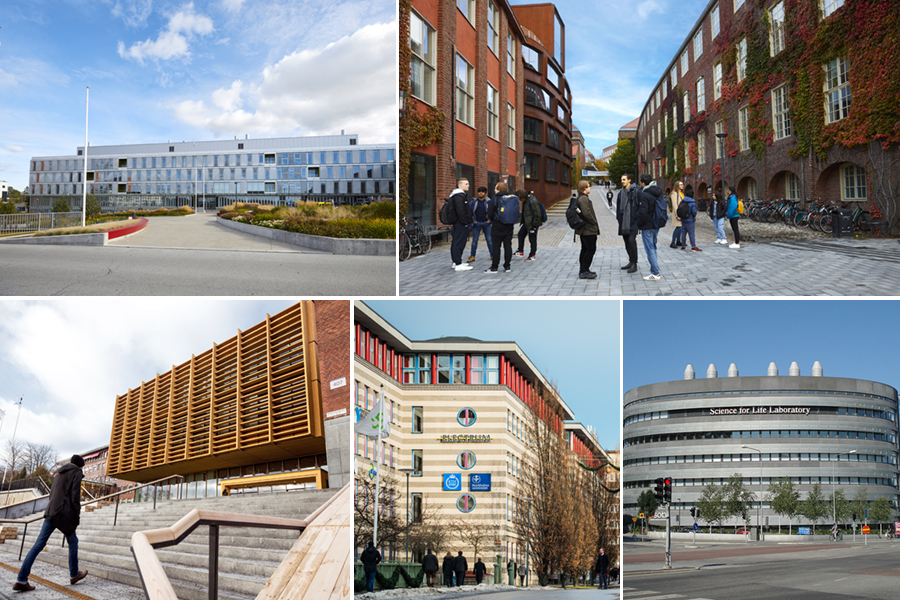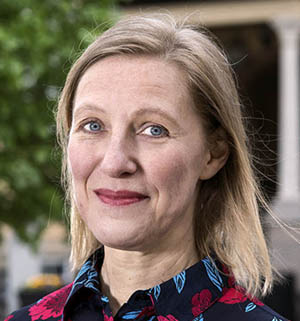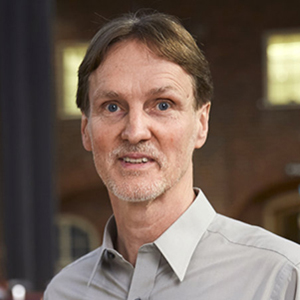KTH overhauls its finances

Inflation, higher energy prices, increased rent and other costs are having an impact also for KTH, which therefore needs to take measures to ensure balanced finances. A review will look at potential cost savings and streamlining in terms of how premises are used and support services. There will also be special initiatives to increase earnings in undergrad education, according to a President’s decision.

According to KTH’s management, the situation is serious but not alarming.
“Bearing in mind our financial situation and the forecasts we have in place, it’s especially important that we use the resources we already have in a smart way, and that we plan better,” says Kerstin Jacobsson , University Director.
She will be looking into how KTH’s support services can cut SEK 50 million next year. She says that as well as direct operational costs, it is also important to review how university premises are used.
“As regards costs, it’s mainly about cost control. I myself will be careful and systematic when it comes to assessing recruitment needs, and also the potential to reprioritise expenditure if required.”
Will there be any staff redundancies?
“Not the way things are at the moment. The most important thing is to deal with the situation now, so we don’t end up in a tougher spot later,” says Jacobsson.
Mikael Lindström , Deputy President, will be submitting proposals for how to achieve the goal of reducing KTH’s overall costs for premises by SEK 140 million. The idea is that savings here will free up resources for education and research.

“We’ll be working across school boundaries and alongside support services to identify spaces that are not currently being used efficiently, or even at all. Sub-letting could be an option, and in the long run this could mean we stop using certain buildings,” he says.
Lindström will also be reviewing operations at all of KTH’s campus areas, to consider the operational structure moving forward.
“Everything we do has to have a positive impact on developing our education and research operations. By 31 March, we will have drawn up various scenarios which will then be analysed in more depth.”
KTH is not reaching the state-approved maximum amount for education, so there is potential to increase earnings for undergraduate education.
Heads of School have been asked to suggest ways of increasing income in the existing educational offerings, without simultaneously increasing costs to the same extent. It is a matter of avoiding cutbacks in future government funding, while taking advantage of unspent earlier funds.
Pär Jönsson , Head of School at Industrial Engineering and Management (ITM), has listed various possible options in consultation with the heads of department:

“We can primarily see opportunities in enabling students to study for more points per term, and we could also try to increase the intake for engineering programmes bearing in mind there’s a great unmet need in society at present. We’re also considering reintroducing the foundation term and increasing intake at the master’s level. We could also offer students additional exam periods and support teaching to increase throughput.”
What other possibilities are there for higher earnings or lower costs at ITM ahead of 2024?
“Already last year we began reviewing costs for premises, reducing space in both the core operation and support services. We will continue to focus on reducing premises costs while maintaining quality in the operation. Initiatives to increase earnings will mainly focus on boosting applications for research funding and contract education.”
KTH’s Heads of School have until 15 March to submit their proposed measures.
Text: Christer Gummeson
You can find the decision (in Swedish) at w3d3 with the registration number V-2023-0079 2.2
